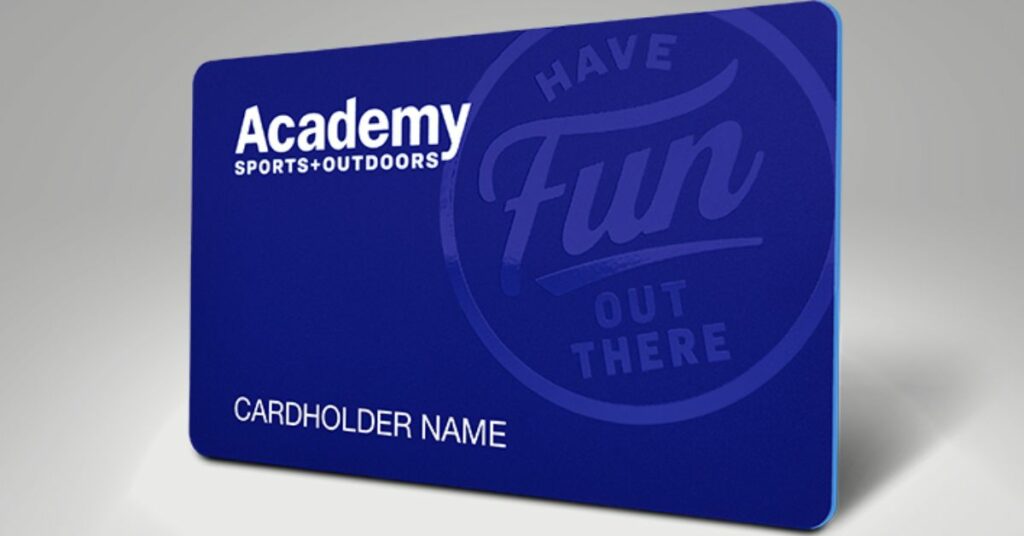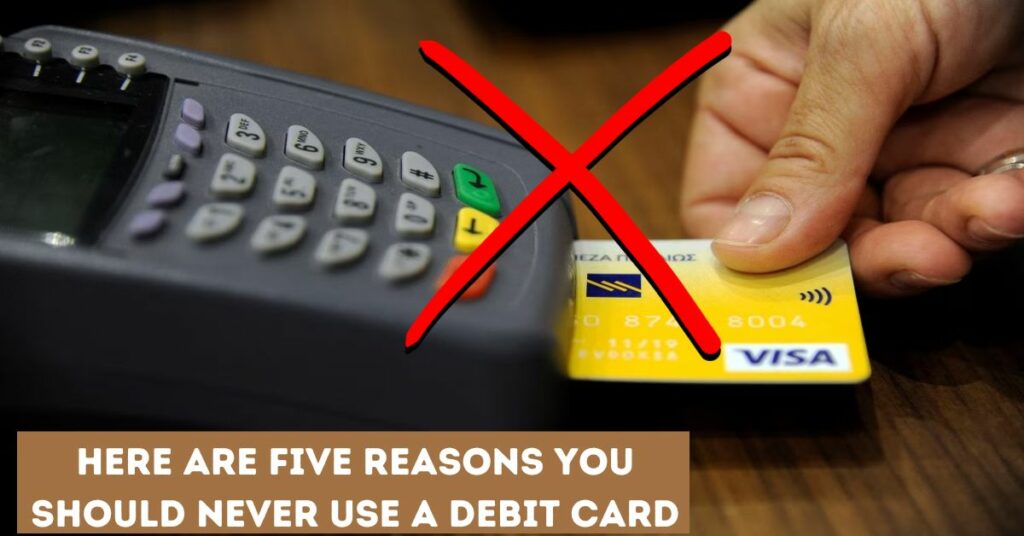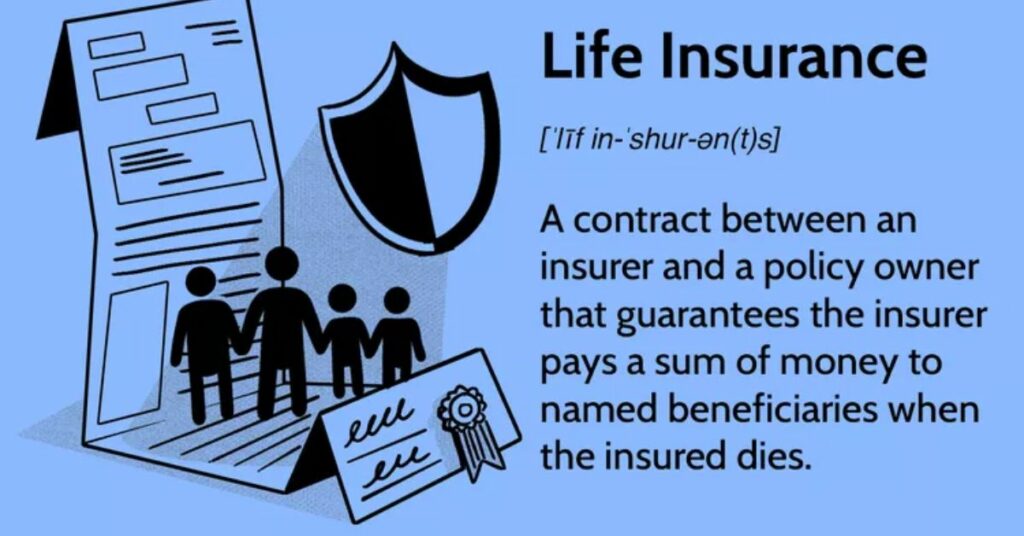You may be looking forward to having a mistake deleted off your credit report after filing a dispute over it. On the other hand, you may be curious about “How long does it take for a dispute to be removed from your credit report?” After all, the disagreement needs to be documented, sanctioned, and maintained. How frequently does one’s credit score change? Will you notice a difference right away?
The proper response is somewhat convoluted. There are a number of variables that will determine the total time required. Details such as the nature of the items being disputed, the length of time it takes to resolve the argument, the outcome of the dispute, and the frequency with which reports are updated are provided.
If all goes according to plan, it could take as little as a month and as much as three.
What Errors can Negatively Affect your Credit Reports?
If you find inaccurate information on your credit report, you have the right to file a dispute. However, not all disagreements will have an effect on your grade. Small mistakes, such as misspelled names, inaccurate addresses, or incorrect birth dates, will not significantly alter your report or grade. It is still important to correct these mistakes, as they may cause delays in any future loan applications.
However, they are unlikely to have any bearing on your grade. This is due to the fact that these mistakes are more of an issue of identification than of credit history. The following doesn’t apply if someone else’s debts were mistakenly reported under your name because of a misspelled name or erroneous birth date.
You are welcome to check out the more articles related to credit cards, links to which are provided below:
- Building Credit Without a Credit Card: A Step-by-Step Guide
- How to Get Late Payments off My Credit Report?
If the collection account for another Jane Doe were mistakenly included to your report, for instance, it might have a devastating effect on your score. However, your score might be negatively affected by credit-related information that is erroneous or unverified on your credit report. Mistakes in hard inquiries, loan amounts, lost or late payment information, and judgments are among examples.
You should take immediate action to contest these mistakes; however, approval may be delayed if confirmation from a data furnisher is required.
How does the Credit Dispute Process Work?
If you believe there is an issue on your credit report, you should contact the credit reporting agency directly. Technically, you only need to file one dispute with the bureaus if the identical error appears in all three. If the disagreement is resolved in the consumer’s favor, the furnisher is required by law to update all reporting agencies with the verified information.
However, experts advise disputing with each bureau that demonstrates the error. Without the need for the provider to contact all agencies, this will expedite the correction of the error. Your dispute may be submitted either electronically or via regular mail. You must specify the errors and offer supporting documentation when filing a dispute.
Within five days of receiving your disagreement, the bureau is required to notify the relevant furnisher if your dispute pertains to information they provided. As required by the FCRA, the agency must complete its inquiry within 30 days of receiving the furnisher’s response.
The FCRA allows for a 15-day extension on the investigation if the consumer produces additional data after the original dispute is filed. You should expect a response from the agency within 30–45 days, however most cases are resolved considerably sooner.
The agency reserves the authority to dismiss your complaint without conducting an inquiry if it determines that it is frivolous. This is why registering a credit dispute requires your utmost attention to detail.
What to Do if you Disagree with the Outcome?
If your dispute is denied and you don’t agree with the decision, for example, if the company investigates your claim and still reports the item in question, you can do one of two things. The first option is to get in touch with the source of the information. If the credit agency has erroneous information, disputing it with the furnisher is the best course of action.
If you can prove your case, they will be able to adjust their files and inform the credit bureau. The second option is to resubmit a complaint to the relevant authorities. It’s highly improbable that you’ll receive a different ruling if you submit the same dispute again with no fresh evidence.
Your best bet is to unearth fresh evidence that can bolster your case. You should also think about resubmitting your dispute with the help of a professional credit repair firm. By knowing what credit bureaus are looking for, these firms can increase your case’s likelihood of a positive outcome.
A new issue would trigger another 30-45 day investigation by an agency. If none of the above solutions work, you might ask for a statement of dispute to be included in your file. This won’t change your credit score, but it will show potential lenders that you are disputing the information they see.
Instead of instantly rejecting you over the item, the lender may ask you for more information. If you want to make a change to your file, you’ll need to call each agency separately.
You are welcome to check out the more articles linked to credit cards, links to which are provided below:
How Often do Credit Reports Update?
If your disagreement is upheld, the change could appear on your report immediately. According to TransUnion, “information is typically added to your credit reports immediately” after being received by the credit reporting companies. However, keep in mind that credit scores are not included in credit reports.
Your credit report can be viewed in other places, such your online banking portal. Many sites only update once a month, so you may have to wait a few weeks before the new score appears. Credit reports normally get updated once every fourty five days, so keep that in mind as well. This is because creditors are obligated to notify credit bureaus on a monthly basis, if not more frequently.
It may take a few weeks for the new information to appear on your credit report and credit score after it has been reported to the bureau. You may notice the change reflected with one agency a little sooner than the others because lenders don’t always give their data to all three bureaus simultaneously.
Timelines may appear hazy, but a safe bet is to factor in several weeks of waiting. After disputing an item and waiting a month or so, if you still don’t see the change recorded on your credit report (and, by extension, score), you should contact the appropriate bureaus.
You can Get Professional help with Your Dispute
As part of your daily financial routine, you should check your credit report and, if required, challenge any inaccurate information. Rod Griffin, Experian’s senior director of public education and advocacy, says that consumers shouldn’t be scared to file disputes. He recommends that people immediately dispute and refute any data that they find that they think to be false.
Information disputes are free and have no impact on credit scores. If you use a credit repair firm, you have a better chance of having your dispute accepted. For instance, CreditRepair.com provides credit restoration services by checking your credit report and disputing errors therein.
There are other strategies to boost your grade, so don’t discount them. Taking an interest in credit education, for instance, can help you develop sound money management practices that will boost your credit rating. Furthermore, a high credit rating might provide access to several career and business possibilities.
Keep checking back with the California Examiner for additional information on these celebrities and the articles written about them.
You are encouraged to read the additional credit card-related articles that are linked below.
- How to Get Late Payments off My Credit Report?
- Is the Costco Credit Card Good for You? An Honest Review




